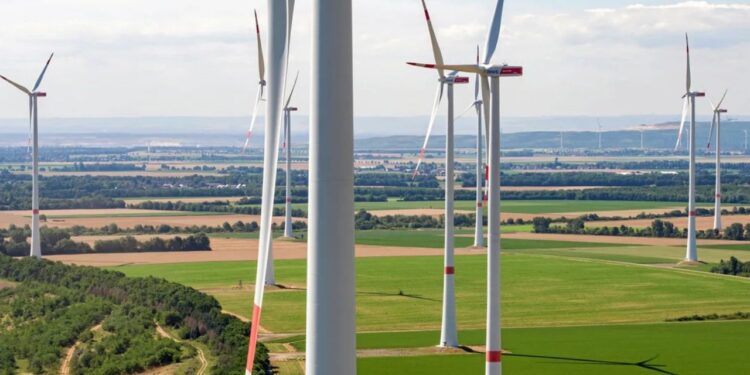The Karnataka High Court recently struck down the Electricity (Promoting Renewable Energy Through Green Energy Open Access) Rules, 2022, introduced by the Central government to regulate the generation, purchase, and consumption of green energy.
In a ruling passed on December 20, 2024, Justice NS Sanjay Gowda concluded that the Central government lacked the legal authority under the Electricity Act, 2003, to establish the Green Energy Open Access (GEOA) Rules. The Court emphasized that the Act specifically grants State Electricity Regulatory Commissions, such as the Karnataka Electricity Regulatory Commission (KERC), exclusive jurisdiction over all matters related to open access, including green energy.
The Court also invalidated the Karnataka Electricity Regulatory Commission (Terms and Conditions for Green Energy Open Access) Regulations, 2022, because they were created merely to align with the Union government’s GEOA Rules. Since these regulations were not independently formulated under the powers granted to KERC, they were deemed legally unsustainable.
The Court expressed concern that if the Central government’s 2022 Rules were allowed to stand, it would effectively nullify the authority of State Commissions to oversee open access for green energy producers, which is a core function under the Electricity Act.
The judgment stated, “The Rules framed by the Central Government would result in amending Section 42(2) of the Electricity Act, which is a substantive provision. A piece of subsidiary legislation cannot alter the content of a substantive provision,” underscoring the limited scope of subsidiary legislation.
The High Court’s decision followed petitions from hydropower-generating companies, who challenged the Central government’s authority to create the GEOA Rules. The petitioners argued that the Union government’s move was an overreach and encroached upon statutory functions assigned to KERC under Sections 42(2) and 181 of the Electricity Act.
The Court agreed with the petitioners, asserting that the 2003 Act explicitly designates the State Commission as the sole body empowered to regulate open access matters.
“Since the power to regulate transmission, determine open access charges, and oversee all aspects of open access lies exclusively with the State Commission under the Electricity Act, the Central Government cannot frame rules under its residual powers,” the Court clarified.
The Court further highlighted the role of independent regulatory commissions like KERC, which are designed to ensure impartial oversight of electricity supply and open access issues, without interference from either the State or Central governments.
Concluding its ruling, the Court directed KERC to independently draft regulations for granting open access to green energy generators and consumers, should it deem necessary. However, it specified that KERC’s regulations must align with the National Electricity Policy and the Tariff Policy, and the Commission must consult all relevant stakeholders before framing any new rules.

















